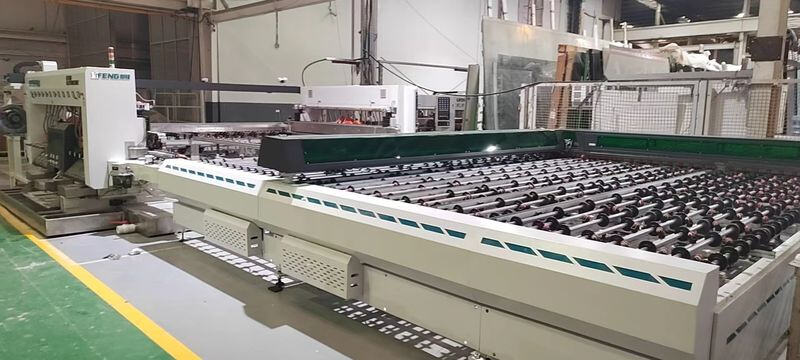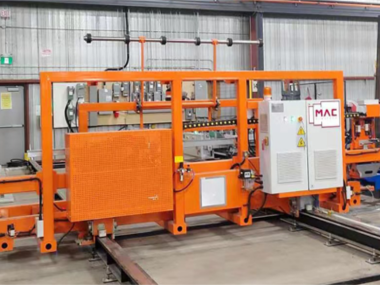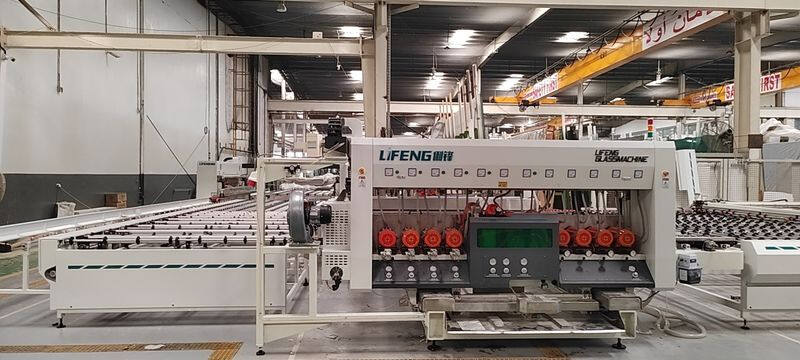glass toughening machine
The glass toughening machine represents a cornerstone of modern glass manufacturing, designed to enhance regular glass into high-strength, safety-oriented material through a sophisticated thermal treatment process. This advanced equipment operates by heating glass sheets to approximately 620°C before rapidly cooling them through a controlled air quenching system. The process creates a compressed surface layer and tensioned core, resulting in glass that is 4-5 times stronger than untreated glass. The machine incorporates precision temperature controls, automated loading and unloading systems, and state-of-the-art heating elements to ensure uniform heat distribution. These machines can process various glass thicknesses, typically ranging from 4mm to 19mm, and accommodate different sizes based on industry requirements. The technology finds extensive applications in architectural glazing, automotive manufacturing, furniture production, and electronic device screens. Modern glass toughening machines feature computerized control systems that monitor and adjust processing parameters in real-time, ensuring consistent quality output. The equipment's versatility allows for processing both clear and coated glass varieties, making it indispensable in contemporary glass processing facilities.


